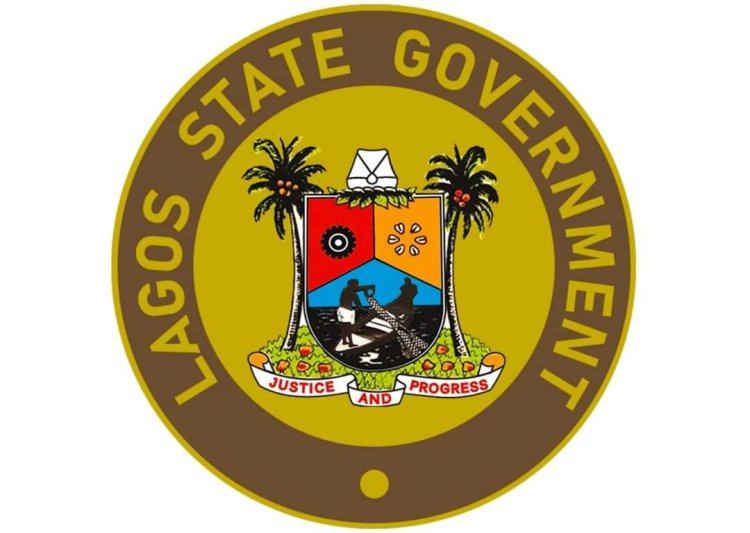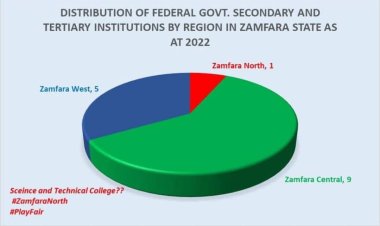Lagos State Government Advocates for Birth Control Law to Tackle Out-of-School Children Crisis
The Lagos State Government has proposed the introduction of a birth control law as a strategy to combat the growing issue of out-of-school children in Nigeria.

The Lagos State Government has proposed the introduction of a birth control law as a strategy to combat the growing issue of out-of-school children in Nigeria. This call was made by Mr. Jamiu Alli-Balogun, the Lagos Commissioner for Basic and Secondary Education, during a regional stakeholders meeting held in Lagos.
Organized by the United Nations International Children’s Emergency Fund (UNICEF) in collaboration with the Oyo State Ministry of Education, the two-day event brought together education commissioners, religious leaders, and civil society representatives from Lagos, Ondo, Osun, Ogun, Ekiti, and Oyo states.
Alli-Balogun emphasized that the problem of children missing out on education is a global challenge, not unique to Nigeria. He argued that to make significant progress, the root causes of the issue need to be addressed.
“The problem of out-of-school children could be mitigated through effective birth control measures,” Alli-Balogun said. “If we continue to increase the population without corresponding resources, we won’t be able to address the issue effectively. Therefore, the federal government should consider enacting a law that establishes a recommended family size for Nigeria.”
Despite this suggestion, Alli-Balogun highlighted that Lagos State has already implemented various initiatives to address the issue locally. He pointed to "Project O," which focuses on eradicating the problem of out-of-school children by tackling poverty and supporting parents in sending their children to school.
“We are committed to reducing the number of children out of school,” he added. “Through Project O, we are building more schools and classrooms and working with stakeholders to combat this issue.”
The commissioner also advocated for the activation of the federal school feeding program for primary schools, suggesting that such a program could make schools more appealing and conducive for learning. “The federal government has previously implemented a successful feeding program. Allocating funds for this in the education budget could significantly help states in addressing the out-of-school children problem,” he said.
UNICEF Education Specialist, Azuka Menkiti, and Mr. Muhammad Okorie from UNICEF’s Lagos office reiterated the importance of providing quality education for all children. They emphasized that the meeting aimed to develop a workable model for child retention, transition, and completion in the Southwest region.
Mr. Hamzat Omolaja, Director of Social Mobilisation at Lagos State Universal Basic Education Board (SUBEB), praised the meeting's efforts. “The recommendations from this meeting will be beneficial for stakeholders,” Omolaja said. “In Lagos, we are dedicated to ensuring no child is left behind in the education system.”
The collaborative effort underscores a collective commitment to improving educational access and addressing the challenges faced by out-of-school children in Nigeria.

 Lois Udoye
Lois Udoye 



